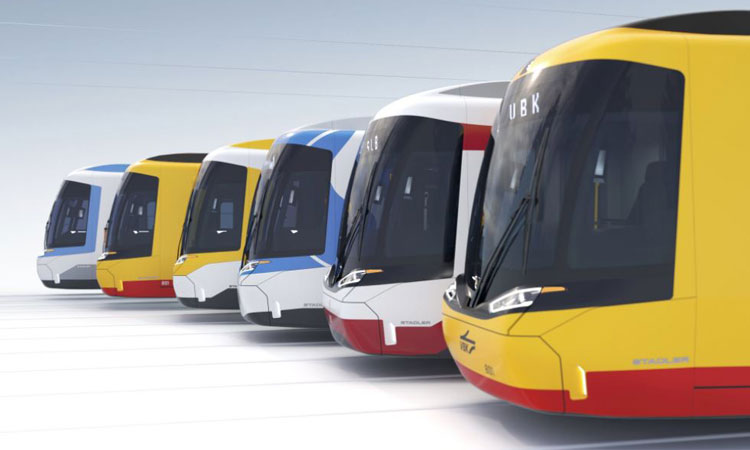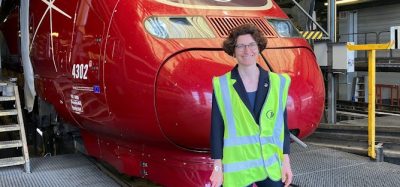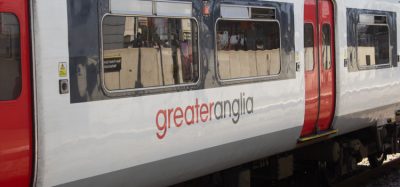Stadler wins its largest ever contract for German-Austrian tram-train order
Posted: 17 January 2022 | Global Railway Review | No comments yet
Stadler will deliver up to 504 tram-trains to a German-Austrian project consortium, marking the largest ever contract in the company’s history.


Credit: Stadler
Stadler has won an international tender worth up to €4 billion held jointly by six transport companies from Germany and Austria to deliver up to 504 vehicles as part of the ‘VDV Tram-Train’ project.
In addition to vehicle production, the framework agreement also includes a maintenance contract lasting up to 32 years. Part of the framework agreement is a fixed order quantity of 246 CITYLINK vehicles representing a volume of around €1.7 billion. There is also an option to order up to 258 more vehicles.
The award of the contract marks the beginning of a long-standing partnership between Stadler and the project consortium, consisting of Verkehrsbetriebe Karlsruhe (VBK), Albtal-Verkehrs-Gesellschaft (AVG), Saarbahn Netz, Schiene Oberösterreich, the State of Salzburg and Zweckverband Regional-Stadtbahn Neckar-Alb. Over the next 10 years, Stadler will produce 246 CITYLINK vehicles for the six operators. The first four vehicles will be delivered to the Saarbahn in 2024.
“We are proud to have won this international tender with our proven vehicle concept,” said Peter Spuhler, Chairman of the Board of Directors and Group CEO of Stadler. “The construction of a tram-train requires experience, and this particular tender also necessitates the ability to combine individual solutions with standard products. Stadler has always been at home in both areas and is a pioneer in the industry. With CITYLINK, we are looking forward to providing our six customers with a mobility solution that will connect the city and the surrounding area without passengers having to change trains, thereby developing travel in a sustainable and comfortable way.”
CITYLINK – the best standard for individual solutions
All vehicles will be supplied in a three-part design. The length of the vehicles, the number of doors, the boarding and coupling height, as well as the configuration of the CITYLINK versions will vary depending on the delivery location and the customer. All the vehicles will have certain features in common: they will be fitted with an HVAC system for the passenger compartments and driver’s cab, and have spacious multi-purpose areas with two wheelchair spaces that can be flexibly configured.
The tram-trains will be individually equipped to suit the place of use. For example, the vehicles for the Albtal-Verkehrs-Gesellschaft will have a toilet, as well as facilities for cycle racks, while Schiene Oberösterreich has opted for luggage racks as an extra feature.
The CITYLINK from Stadler is a clever design of tram that can also be used as an inter-city train if configured accordingly. Taking into account the VDV framework agreement, Stadler has now made over 650 sales in six countries.
One project – six customers
Providing one type of vehicle for six operators is unusual.
“On the project team, we spent hours developing a common set of specifications,” explained Project Manager, Thorsten Erlenkötter from VBK. We defined a standard with up to five further versions to meet the operator/specific requirements such as boarding height, coating, and place of use.”
VBK is in charge of the overall project management and, following the tendering phase, is now also coordinating the implementation of the project.
“We are very happy that in Stadler, we have found a reliable and experienced manufacturer for this extraordinary project,” commented Christian Höglmeier, Technical Managing Director of VKB. “A procurement concept like the one we have implemented here is unique worldwide to date. The six operators are united by their belief in the concept of tram-trains that can link large cities with their respective regions according to the Karlsruhe model and that can bring people directly into the centre quickly without having to change trains.”
Related topics
Operational Performance, Passenger Experience/Satisfaction, Passengers With Reduced Mobility (PRM), Rolling Stock Components (Interior/Exterior), Rolling Stock Orders/Developments
Related organisations
Albtal-Verkehrs-Gesellschaft (AVG), CITYLINK, Saarbahn Netz, Schiene Oberösterreich, Stadler, Verkehrsbetriebe Karlsruhe (VBK), Zweckverband Regional-Stadtbahn Neckar-Alb







